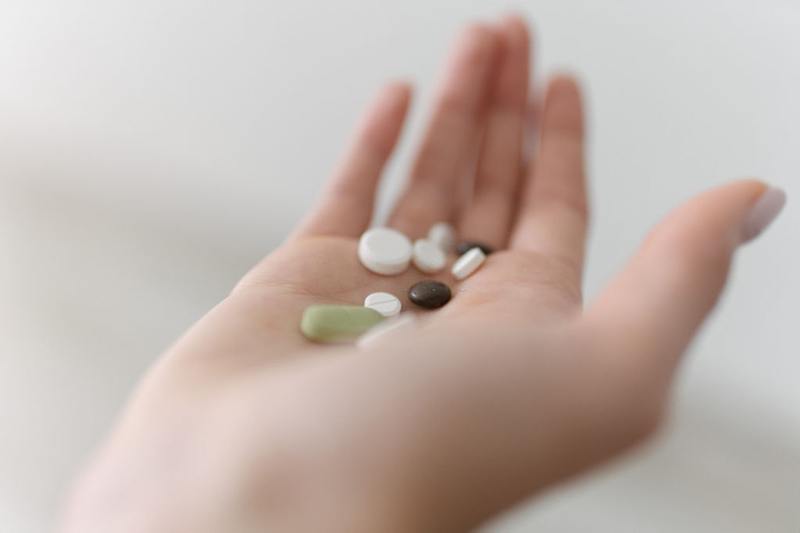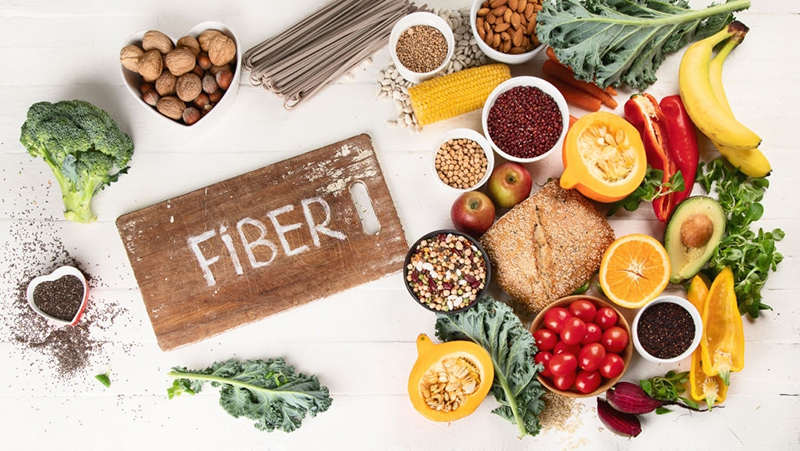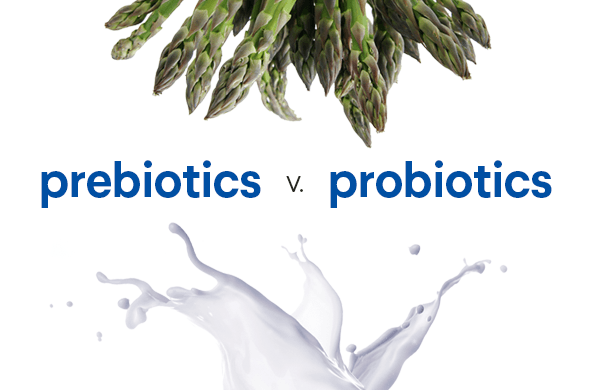We know that the gut contains at least 70% of the immune system, where healthy bacteria called probiotics keep things in check and support digestive and immune function. This is true for men and women of all ages and stages of life, but you may not realize that women have specific needs when it comes to maintaining internal balance. probioticseverything.comprobiotic women
The female body, as well as her microbiome (the huge collection of microbes in the digestive tract and elsewhere that function to support overall health), differs significantly from the male counterpart. Understanding the distinction is critical for women who want to maintain a good gut bacteria balance and stay on the road to wellbeing. probioticseverything.comprobiotic women
THE STATE OF WOMEN’S HEALTH RIGHT NOW
Women’s health in the United States has improved significantly in recent decades, with fewer deaths from heart disease, lower cancer rates, and better access to physical and mental health care. Despite this, the Centers for Disease Control and Prevention estimates that approximately 14% of all women aged 18 and up are in “fair or poor health.”
Many of the major hazards to women’s health, such as heart disease, stroke, and Alzheimer’s disease, can be avoided by adopting a healthy lifestyle, according to doctors at the Mayo Clinic. This includes eating the appropriate foods, staying in shape, staying active, managing stress, and going to the doctor for regular exams and suggested screenings.
SENSITIVE SUBJECT: WOMEN AND DIGESTIVE ISSUES
Supporting optimal digestive function is one of the most important ways for women to maintain a healthy body because the gut is the foundation of our immune system. However, digestive health is still a taboo subject among women, and many are unwilling to discuss digestive problems even with close friends.
We recently ran a survey to determine how frequently women have digestive health difficulties (and how willing they are to discuss them), and the following are the results:
Despite the fact that nearly three-quarters of the women polled said they had an occasional digestive upset in the previous year, 64% said they would rather not talk about their gut problems with their friends. What is the reason for this? Many women still regard gut health to be a “taboo” topic, preferring to debate unpopular viewpoints rather than actual stomach problems (49 percent vs. 36 percent). probioticseverything.comprobiotic women
One of our main goals is to educate women understand the importance of digestive health, as well as the link between the gut ecology and our overall health. This includes informing women about the advantages of taking a probiotic supplement on a regular basis to assist preserve balance and wellness. probioticseverything.comprobiotic women
External variables such as everyday stress, food, and even normal aging can disrupt the healthy bacterial balance in the gut, affecting our well-being. Consuming additional good bacteria throughout life can help promote ongoing digestive health and immune function. It’s not just about the gut; women must also consider maintaining balance in the vaginal and urinary tracts, where a lack of balance can lead to yeast infections and urinary tract infections.
SUPPORTING YEAST BALANCE IN A NATURAL WAY
Did you know that 75% of women will experience a yeast infection at some point in their lives? Candida albicans, a microscopic yeast organism, is the most common cause of vaginal yeast infections. probioticseverything.comprobiotic women
Candida albicans is naturally present in a healthy vagina, but it can cause issues when stress, dietary changes, sickness, or hormone fluctuations disrupt the vagina’s healthy bacterial balance, allowing the opportunistic yeast to grow out of control. It’s possible that this will result in unpleasant symptoms. probioticseverything.comprobiotic women
Because Candida albicans thrives on sugary, processed foods, eating a well-balanced, low-sugar diet is the first step toward maintaining a healthy yeast balance. Fiber helps to sustain the healthy probiotic bacteria in the vaginal area that work to push out dangerous yeast species, thus increasing your fiber intake through foods and natural fiber supplements is also recommended.
Finally, because Lactobacilli are the most prevalent good bacteria in a healthy vaginal and urinary system, taking a daily probiotic supplement with enough of Lactobacillus strains can help maintain a balanced internal environment. probioticseverything.comprobiotic women
Did you know that probiotics are also beneficial to expectant mothers?
The microbiome is a unique collection of bacteria that lives in and around our bodies, primarily in the digestive tract (or gut). That microbiome is similar to a bacterial footprint, and some scientists believe it develops in the womb before babies are born.
There are many distinct types of bacteria in the microbiome. Some are beneficial, while others are detrimental. It is critical to maintain a balanced gut throughout one’s life, with a higher proportion of beneficial bacteria to harmful or neutral microbes.
Taking probiotics during pregnancy can aid women in a variety of ways. Probiotics can assist moms-to-be support a healthier tummy by promoting optimum digestive function and may help prevent occasional constipation and diarrhea.
Probiotics also assist mom and baby maintain a healthy immune system, and more good bacteria equals more immunological support. Babies’ immune systems begin to develop when they receive their first beneficial bacteria from their mothers, both in the womb and when they transit through the birth canal. probioticseverything.comprobiotic women
WOMEN’S MENTAL HEALTH AND PROBIOTICS
When it comes to total wellness, we now know that mental health is equally as essential as physical health, and this is especially true for women.

Women are more prone than males to show signs of depression and anxiety, according to experts at the National Institutes of Health, and some types of depression are exclusive to women. Furthermore, women experience mental diseases differently than males, and are more prone to show symptoms such as mood swings, low energy, social disengagement, digestive problems, and irritability. probioticseverything.com
When it comes to supporting mental health, it’s possible that women don’t consider the stomach. A number of recent studies, however, have discovered a close link between what happens in the brain and the large number of bacteria that live in the digestive tract. Our gut bacteria, according to Dr. Emeran Mayer of the University of California, help sculpt brain structure as we age, and changes in the microbiome throughout time may induce significant adjustments in brain structure and behavior, impacting how we think, feel, and behave.
The vagus nerve, which runs from the brain stem to the belly, is involved in this unusual gut-brain relationship. The vagus nerve is thought to be the conduit via which our gut microorganisms communicate with the brain, which explains why digestive problems frequently follow anxiety or stress. Scientists exploring the gut-brain connection are ecstatic about the prospect of one day being able to change our internal bacterial balance to improve mood and behavior.







